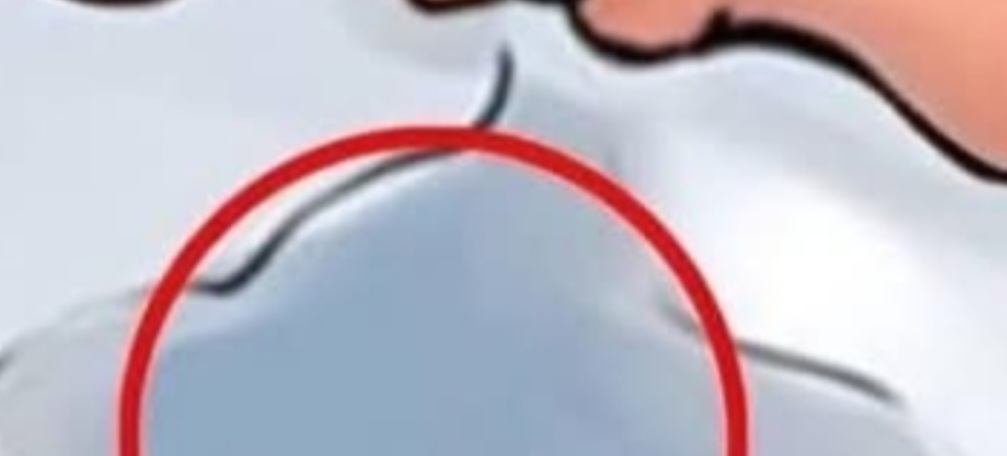Have you ever woken up with a damp pillow and wondered what happened? Drooling while you sleep may seem harmless—or even funny—but it can also be a sign from your body about your health and sleep quality. Let’s explore the reasons why it happens, when to worry, and what you can do about it.Sleeping With Your Mouth Open: The Most Common CauseThe simplest reason you drool is gravity. If you sleep on your side or stomach, saliva naturally escapes from your mouth. This becomes even more likely if your nose is blocked due to allergies, colds, or sinus problems.Quick fix: Changing your position and sleeping on your back often reduces drooling significantly.Medications That Increase Saliva ProductionFew people realize that certain medications can cause excessive salivation. These include:AntibioticsSedativesAntipsychoticsEven common pain relievers like ibuprofenThis doesn’t mean you should stop your treatment, but talking with your doctor can help adjust the dosage or explore alternatives.Deeper Causes: When to InvestigateSometimes, nighttime drooling can signal an underlying condition:Sleep Apnea – Often paired with loud snoring, morning fatigue, and interrupted sleep.Gastroesophageal Reflux (GERD) – Causes heartburn and triggers extra saliva as a protective response.Nasal or Throat Issues – Deviated septum, chronic inflammation, or enlarged tonsils force you to breathe through your mouth.In these cases, a sleep specialist or ENT doctor may recommend further exams. Treatments like CPAP therapy can dramatically improve sleep quality in apnea patients.Surprising Factors Behind DroolingThere are also lesser-known reasons for excess saliva:Dental problems or gum inflammationPregnancy (gestational ptyalism)Vitamin B12 deficiencyA simple medical check-up can usually identify these causes.⚡ Fun fact: Some pregnant women report needing to spit frequently due to unusually high saliva production.How to Reduce Nighttime DroolingSleep on your back with a firm pillow.Avoid heavy, greasy meals right before bedtime.Stay hydrated throughout the day.Consider mandibular devices for mild sleep apnea or teeth grinding.In specific cases, doctors may recommend Botox injections or minor surgery.Frequently Asked Questions (FAQ)Is drooling at night normal?Yes, it’s common and usually harmless. It only becomes concerning when it’s excessive or frequent.Should I see a doctor every time this happens?Not necessarily. Only seek medical advice if drooling is paired with loud snoring, chronic heartburn, mouth pain, or non-restorative sleep.Does sleeping on my side always cause drool?Not always, but it increases the chance, especially if your mouth falls open.Are there serious risks linked to drooling?Drooling itself is not dangerous. The concern is when it signals conditions like sleep apnea or GERD, which require treatment.Final ThoughtsDrooling during sleep might feel embarrassing, but in most cases, it’s completely normal. Still, it’s worth paying attention—your body could be sending an important signal about your health. By understanding the causes and making small lifestyle changes, you can sleep better, wake up fresher, and keep your pillow dry.
Why You Drool While Sleeping — And What It Reveals About Your Health
